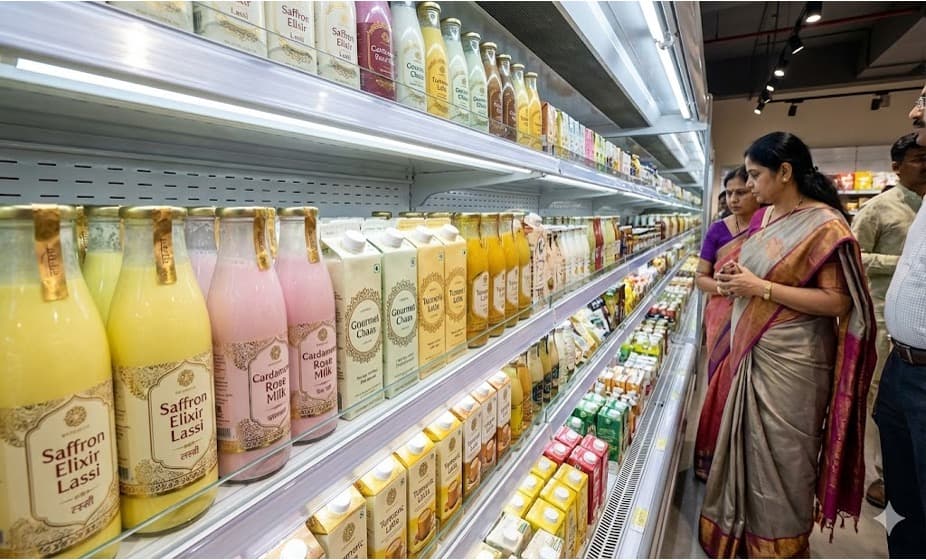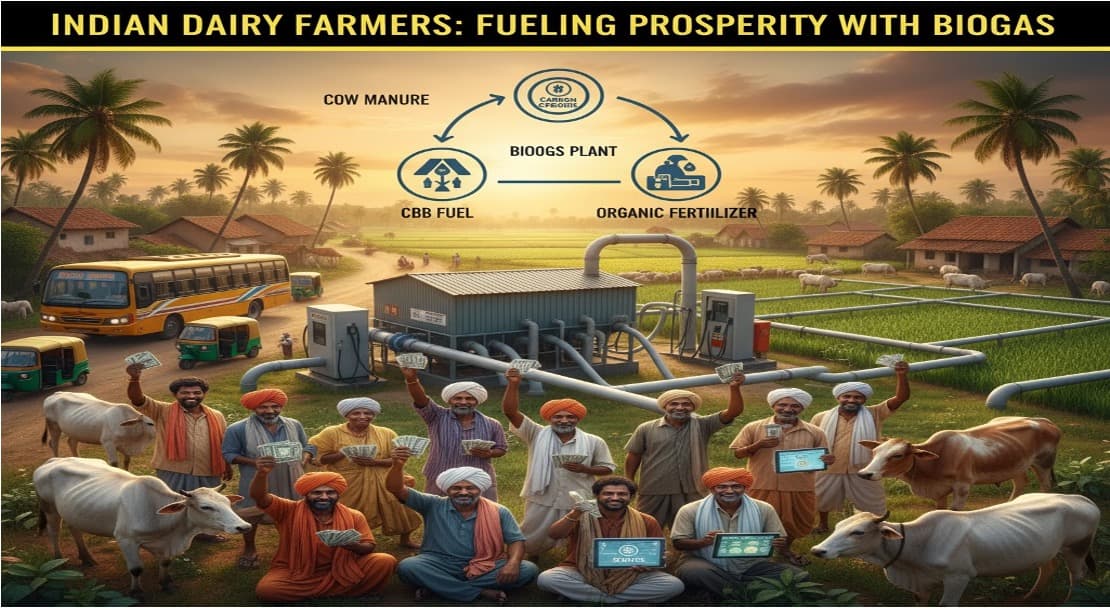Why Farmers Are Standing Up Against Free Trade
My mom stood next to my grandfather, both crying as he emptied the bulk tank and dumped his milk in protest.
It was the 1960s, and dairy farmers in Wisconsin and elsewhere who were members of the National Farmers Organization (NFO) were destroying their milk to cause shortages in supply chains and improve prices. They were desperate, struggling to make enough to support their families.Fast-forward about six decades. Since 2023, farmers globally—from France to India—have been going to the streets to demand fair compensation for the food that they sell.
We should support these farmers and encourage lawmakers to pass policies that improve economic returns for food producers. Now, as free trade agreements are questioned more than ever, movements have the chance to push their national governments to make sure farming can pay the bills.
Farmers are protesting because, since the 1990s, groups such as the World Trade Organization (WTO) have forced them into a global free trade system.
The WTO’s Agreement on Agriculture classifies policies according to the degree that they are “market distorting,” prompting governments to end initiatives that support incomes and set prices, allowing authorities to provide resources for limited initiatives such as disaster relief.
Moreover, the WTO’s 164 member states—led mainly by the United States and European countries—use the institution to open markets globally for economic growth.
Consider the U.S.’ case against Mexico dealing with high-fructose corn syrup.
In the late 1990s, Mexico claimed that U.S. imports of corn syrup would negatively impact their domestic sugar industry. The Mexican government placed tariffs on the product, which the U.S. appealed to the WTO. Seeing tariffs as market distorting, the WTO forced Mexico to lift its restrictions. A similar logic has governed the more than 600 other cases that have been brought before the WTO.
But times have changed.
Former President Donald Trump, guided by his America First policy, decided not to appoint new appellate judges to the WTO. Without judges to review cases, the institution became much less active. Trump also made tariffs a tool to support U.S. interests in global trade, which President Joe Biden’s administration has continued while also subsidizing certain domestic firms.









